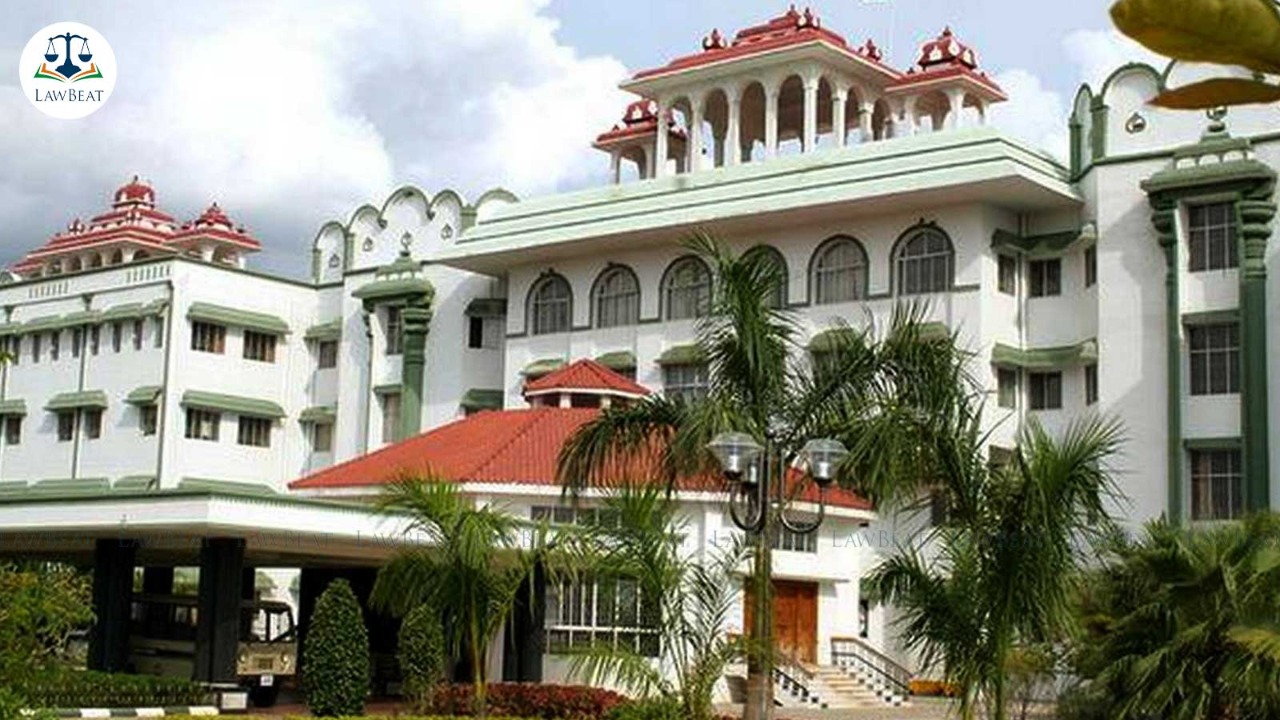Spousal Privacy a Fundamental Right, Evidence Obtained Without Consent Inadmissible: Madras HC

"Trust forms the bedrock of matrimonial relationships. The spouses must have implicit and total faith and confidence in each other. Snooping on the other destroys the fabric of marital life. One cannot pry on the other", said the court
In a significant judgment, the Madurai Bench of the Madras High Court recently observed that privacy as a fundamental right includes spousal privacy and also declared that evidence obtained by invading a spouse's this right is inadmissible in court.
The bench of Justice G.R. Swaminathan set aside a subordinate court's order that had dismissed a woman's petition challenging the use of her private data as evidence. The case involved her husband who presented her call data records to support allegations of infidelity against her. The husband had obtained call data from Jio’s website, using wife’s phone without her knowledge. Court deemed it "a clear breach of the privacy of the wife".
The high court underscored that privacy extends within marriage, recognizing that both partners maintain distinct private lives, even within a marital bond. Justice Swaminathan noted that the right to privacy, affirmed in the landmark Justice K.S. Puttaswamy v. Union of India case, applies to spousal relationships as well.
The judge emphasized that trust forms the bedrock of a marital relationship, and any act of "snooping" or unauthorized access to a spouse's private information could unravel the very fabric of marital trust.
Justice Swaminathan explained that allowing such invasions of privacy as admissible evidence would not only erode personal autonomy within marriage but also set a dangerous precedent for legal justification of surveillance between spouses.
The court referred to various cases from India and abroad, including rulings from the UK and Zimbabwe, that addressed similar issues of spousal privacy. It specifically referenced the UK case Imerman v. Tchenguiz, where the court ruled that accessing a spouse’s private information without consent is illegal and violates individual rights. Inspired by this, Justice Swaminathan emphasized that privacy should be respected, even within close relationships like marriage.
The judge also clarified the requirements for admitting electronic evidence, citing Section 65B(4) of the Indian Evidence Act, which mandates a certification process for electronic records to be considered admissible. The husband in the present case had accessed his wife's call logs from her mobile device without her knowledge and presented them without the requisite certification from an authorized official, which rendered the evidence invalid. This certification, typically provided by a responsible officer of the telecom service provider, was notably absent, further undermining the legitimacy of the evidence.
Additionally, Justice Swaminathan pointed out the absence of designated experts under Section 79A of the Information Technology Act, which allows for the examination and validation of electronic evidence. He directed the government to appoint and notify sufficient experts across Tamil Nadu to facilitate compliance with the law.
Accordingly, court allowed the petition filed by the woman and set aside the subordinate court's order that had dismissed her plea to reject the documents submitted by her husband
Case Title: R vs. B
